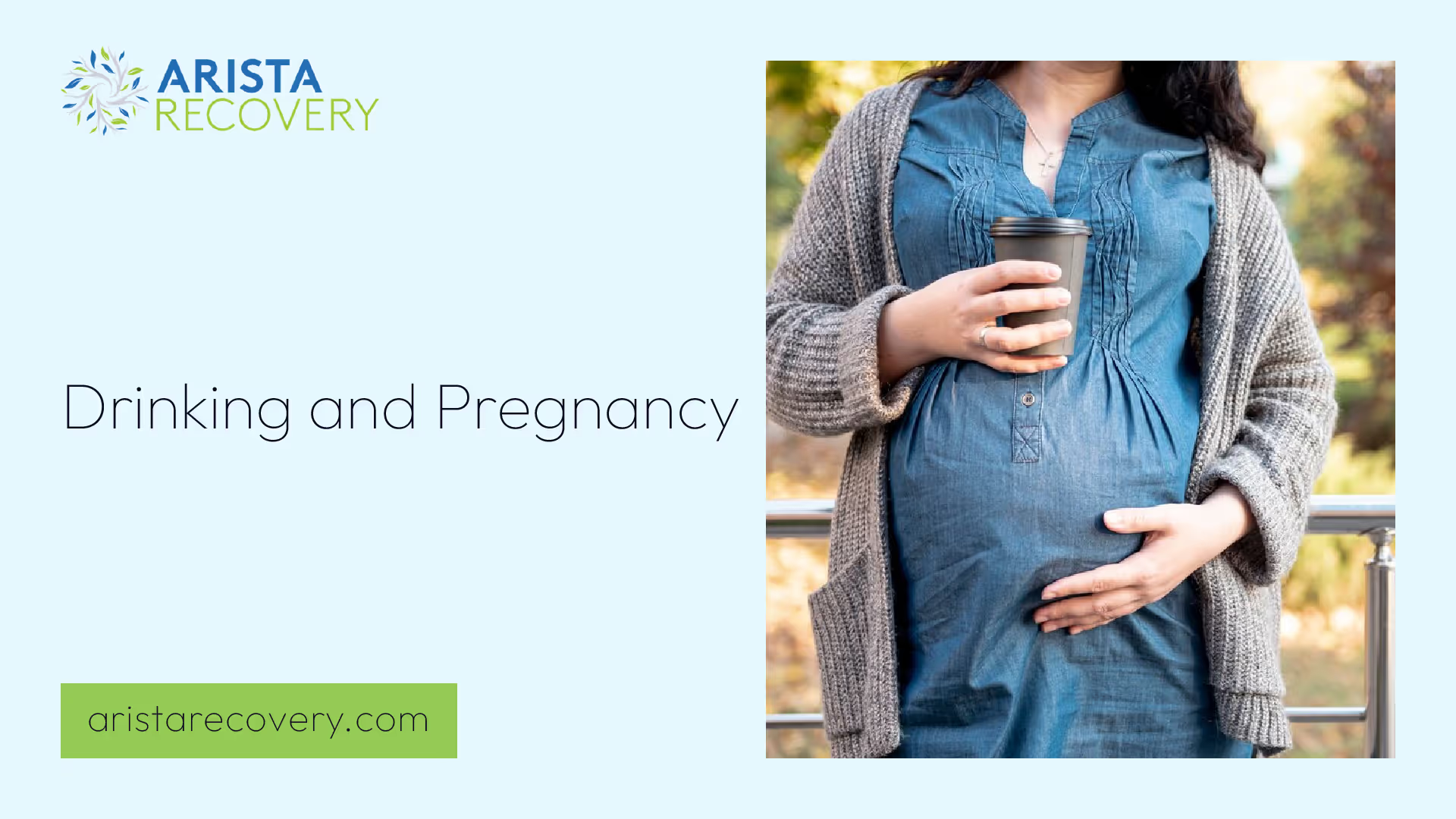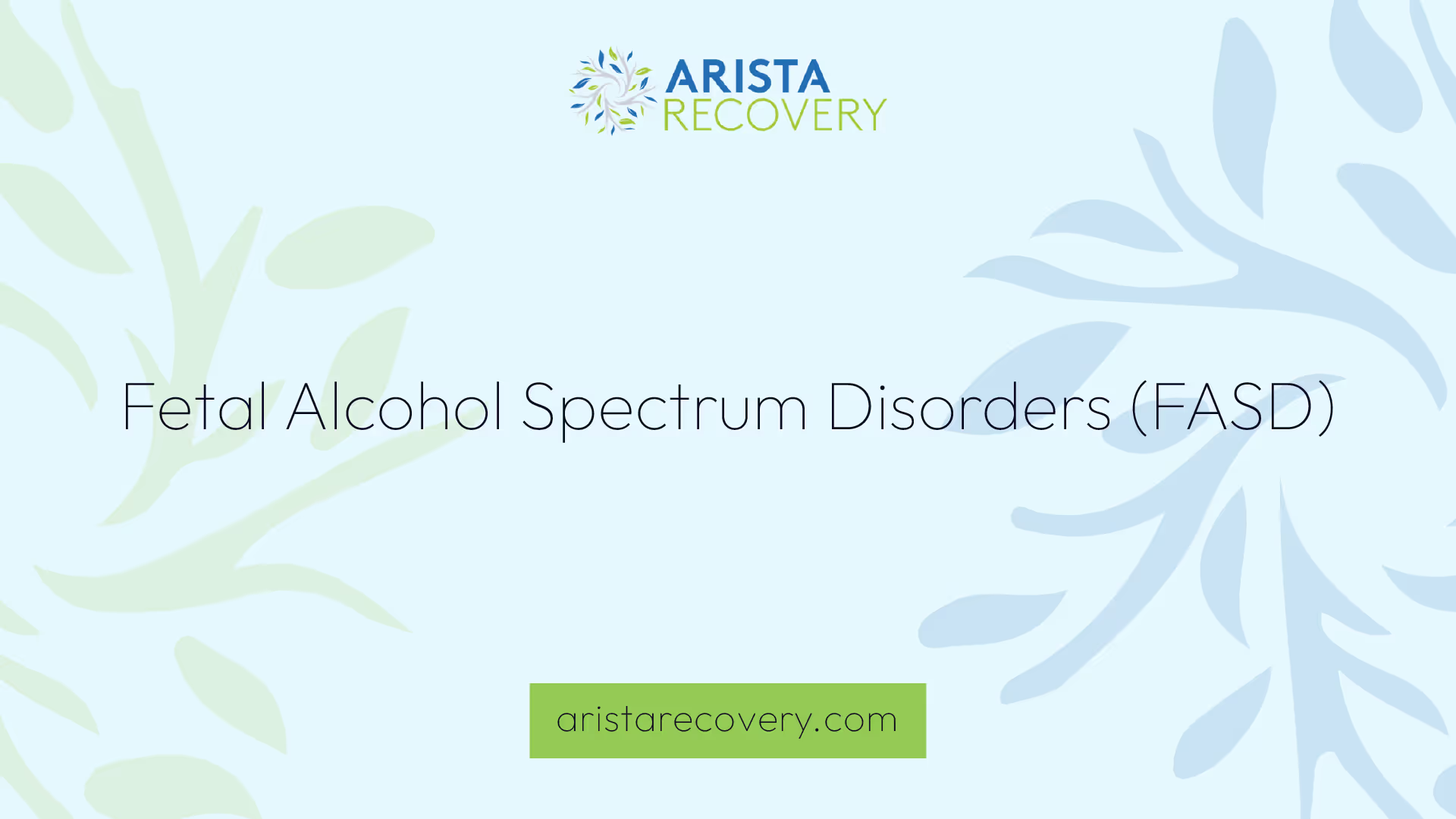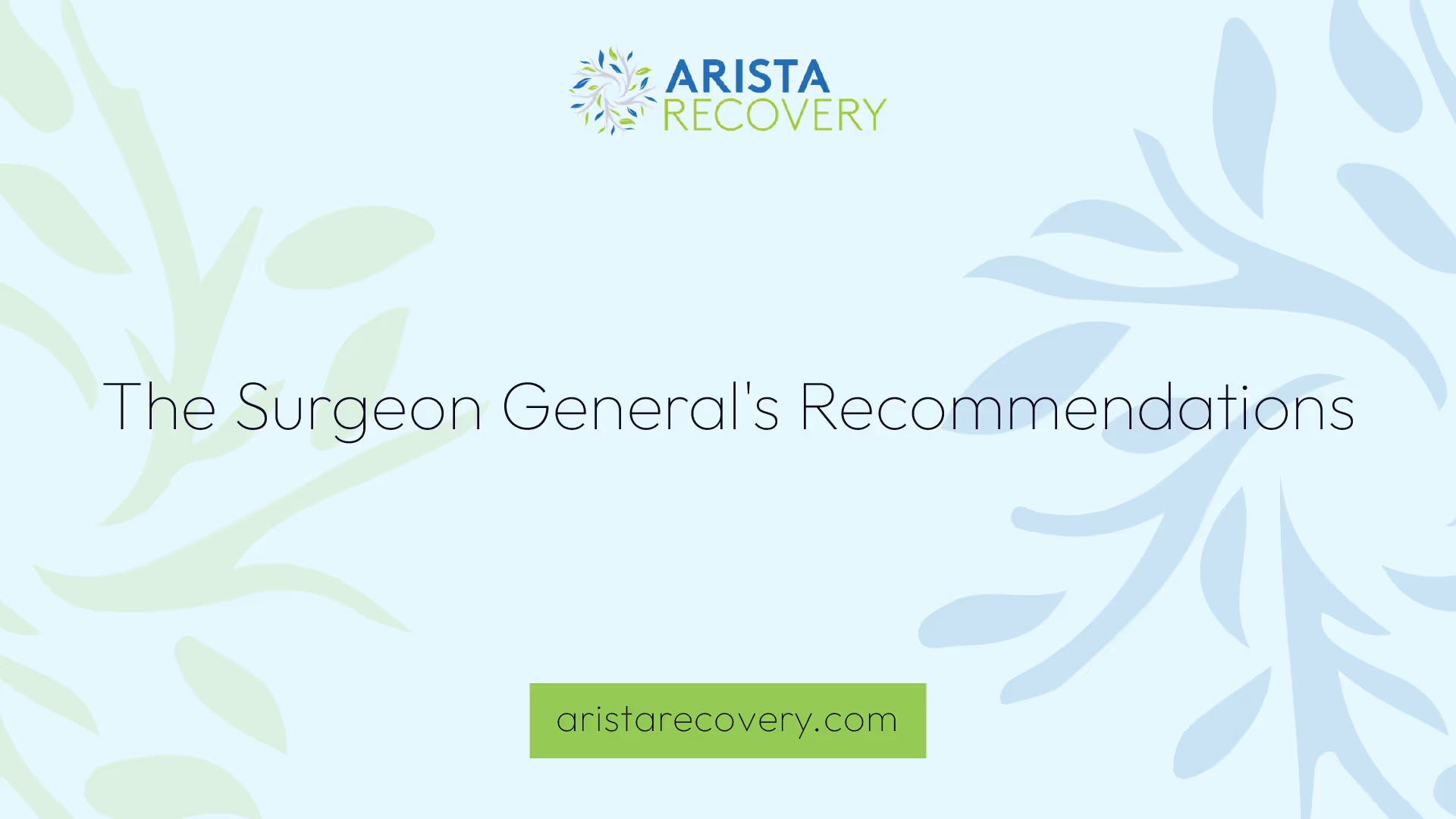Drinking and Pregnancy


Drinking During Pregnancy
Understanding the implications of alcohol consumption during pregnancy is crucial for the health and well-being of both the mother and the unborn child.
Risks of Alcohol Consumption
Drinking alcohol during pregnancy poses significant risks to the developing baby. Research has shown that there is no known safe amount of alcohol consumption during pregnancy. Alcohol can cause severe health problems, including premature birth, birth defects, and fetal alcohol spectrum disorders (FASDs). Even lesser amounts of alcohol can lead to detrimental effects.
The primary risks associated with alcohol consumption during pregnancy include:
- Birth defects
- Neurodevelopmental disorders
- Premature birth
- Low birth weight
- Miscarriage
Binge drinking and heavy drinking significantly increase the risk of severe problems for the developing baby. However, any amount of alcohol can potentially cause harm, making it essential for pregnant women to abstain from alcohol entirely.
Prevalence of Drinking During Pregnancy
Despite the well-documented risks, some women continue to consume alcohol during pregnancy. The prevalence of drinking during pregnancy varies by region and demographic factors. Studies indicate that prenatal alcohol exposure remains a leading preventable cause of birth defects and neurodevelopmental disorders in the United States.
Data from the National Institute on Alcohol Abuse and Alcoholism (NIAAA) highlights that approximately 10% of pregnant women report consuming alcohol, while 3% engage in binge drinking. These statistics underscore the need for increased awareness and education about the dangers of alcohol use during pregnancy.
The U.S. Surgeon General and health organizations like March of Dimes recommend that women who are pregnant, might be pregnant, or are thinking about getting pregnant should avoid alcohol entirely. This precaution ensures the best possible outcomes for the health of the baby and reduces the risk of complications associated with drinking and pregnancy.
For more information on the impacts of substance use during pregnancy, visit our article on drug addiction and pregnancy. If you or someone you know is struggling with substance use, our section on what is drug therapy? provides valuable resources and support options.

Fetal Alcohol Spectrum Disorders (FASD)
Fetal Alcohol Spectrum Disorders (FASD) encompass a range of conditions that occur in children whose mothers consumed alcohol during pregnancy. These disorders can have profound effects on child development and are a significant public health concern.
Impact on Child Development
Alcohol exposure during pregnancy can interfere with the development of the baby’s brain and other critical organs, leading to deficits that persist after birth and beyond. The effects of FASD can vary widely but often include physical, behavioral, and learning problems.
Some common developmental issues associated with FASD include:
- Cognitive Deficits: Problems with thinking, learning, memory, and attention.
- Behavioral Issues: Difficulties with impulse control, hyperactivity, and social interactions.
- Physical Abnormalities: Distinctive facial features, growth deficiencies, and organ malformations.
FASD does not diminish over time, but there are treatments and therapies available to help manage the different problems it can cause. Early intervention is crucial for improving outcomes for children affected by FASD.
Effects of Prenatal Alcohol Exposure
Prenatal alcohol exposure is the leading preventable cause of birth defects and developmental disorders. Alcohol can act as a teratogen, causing fetal abnormality during pregnancy. The adverse effects of alcohol can disrupt development at any stage, even before a woman knows she is pregnant.
Data from a National Institute on Alcohol Abuse and Alcoholism (NIAAA)-supported study published in the Journal of the American Medical Association.
The specific effects of prenatal alcohol exposure can include:
- Neurological Impairments: Damage to the central nervous system, leading to difficulties in cognitive processing and behavioral regulation.
- Growth Deficiencies: Lower birth weight, shorter stature, and smaller head circumference.
- Facial Dysmorphologies: Characteristic facial features such as a smooth philtrum, thin upper lip, and small eye openings.
Since Fetal Alcohol Syndrome (FAS) was first described in medical literature in 1973, public health agencies have advised women not to consume alcohol at all during pregnancy. The Centers for Disease Control and Prevention (CDC) extend this recommendation to all women of reproductive age who are not actively using contraception.
Understanding the risks associated with drinking and pregnancy is essential for preventing FASD and ensuring healthier outcomes for both mothers and their children. For more information on how to seek support and care, visit our section on treatment options for FASD.

The Surgeon General's Recommendations
Guidelines for Pregnant Women
The U.S. Surgeon General has established clear guidelines for pregnant women regarding alcohol consumption. Women who are pregnant, might be pregnant, or are thinking about getting pregnant are strongly advised not to drink alcohol at all. This guidance is based on extensive research indicating that prenatal alcohol exposure is a leading preventable cause of birth defects and neurodevelopmental disorders in the United States.
To prevent harm from alcohol to their unborn child, women who are pregnant or planning a pregnancy should avoid alcohol entirely. This recommendation applies to all types of alcohol, including wine, beer, and spirits. The Centers for Disease Control and Prevention (CDC) also extends this prohibition to encompass any woman of reproductive age who is not actively using contraception.
Importance of Abstinence
Abstinence from alcohol during pregnancy is crucial because alcohol crosses the placenta via the umbilical cord, directly affecting the developing fetus. When a pregnant person consumes alcohol, it passes through to the fetus just like any other liquids or foods consumed [4]. High blood alcohol concentrations can interfere with essential nutrients crossing the placenta to the baby, leading to various health risks.
The risks associated with alcohol consumption during pregnancy include potential birth defects and developmental disorders, which can have long-term consequences for the child's health and well-being. For more detailed information on these risks, refer to our section on health risks to the baby.
It is important for pregnant women to seek prenatal care and follow the recommendations provided by their healthcare providers. For additional support and care options, visit our section on seeking support and care.
By adhering to the Surgeon General's recommendations, women can help ensure a healthier pregnancy and reduce the risk of alcohol-related harm to their baby. For further reading on related topics, such as the impact of substance use on families, explore our articles on my stepdad is on meth and drugs are all around.
Health Risks to the Baby
Alcohol consumption during pregnancy poses significant health risks to the developing baby. These risks can manifest in various forms, from physical birth defects to developmental disorders.
Potential Birth Defects
Alcohol passes directly from the mother's body to the baby’s through the placenta and umbilical cord, potentially causing serious health issues for the baby. One of the most concerning risks is the development of birth defects. Alcohol acts as a teratogen, an agent that can disturb the development of an embryo or fetus, leading to congenital abnormalities.
Some potential birth defects associated with prenatal alcohol exposure include:
- Facial abnormalities: These may include a smooth ridge between the nose and upper lip, thin upper lip, and small eye openings.
- Heart defects: Structural problems such as holes in the heart or issues with the heart's valves.
- Kidney and bone problems: These include abnormalities in the formation of bones and kidneys.
Using alcohol during pregnancy is the leading preventable cause of birth defects.
Developmental Disorders
In addition to physical birth defects, alcohol exposure during pregnancy can lead to a spectrum of developmental disorders, collectively known as fetal alcohol spectrum disorders (FASDs). These disorders can profoundly affect a child's cognitive, behavioral, and physical development.
Impact on Cognitive Development:
- Learning disabilities: Difficulties with reading, writing, and math.
- Memory issues: Problems with short-term and long-term memory.
- Attention deficits: Difficulty focusing and maintaining attention.
Impact on Behavioral Development:
- Hyperactivity: Excessive movement and difficulty staying still.
- Impaired social skills: Challenges in interacting with others and understanding social cues.
- Emotional regulation issues: Difficulty controlling emotions and reactions.
Impact on Physical Development:
- Growth deficiencies: Lower birth weight and shorter stature.
- Motor skill delays: Delays in developing fine and gross motor skills.
Research indicates that alcohol consumption during pregnancy is linked to miscarriage, stillbirth, and fetal growth restriction. A December 2021 study indicated that alcohol consumption during pregnancy leads to smaller placentas with abnormal blood vessels and abnormal function on the molecular level.
Understanding and addressing the risks associated with drinking and pregnancy is crucial for the health and well-being of both the mother and the baby. For more information on the impact of substance use during pregnancy, visit our articles on drug addiction and pregnancy and what is drug therapy?.
Statistics and Studies
Data on Alcohol Use
Understanding the prevalence of alcohol consumption during pregnancy is crucial for addressing the associated risks. Despite recommendations to abstain, almost half of the women in the United States consume alcohol during pregnancy. The prevalence of any alcohol use among pregnant women is 10.2%, with 1 in 10 women reporting alcohol use within the last 30 days and 1 in 33 reporting binge drinking during pregnancy [7].
Additionally, approximately 14-15% of pregnant women in the U.S. reported consuming alcohol, and 6% reported binge drinking in both 2019 and 2020. A report from Canada described similar results with a smaller percentage (6.7%) of women consuming alcohol during pregnancy.
The rate of drinking during pregnancy appears to be increasing, as reported by the Behavioral Risk Factor Surveillance System. Among pregnant women, the rate of drinking increased from 12.4% in 1991 to 16.3% in 1995, with the rate of frequent drinking being four times higher in 1995 than in 1991.
Research Findings
Research has shown that the highest prevalence rates for alcohol abuse and/or dependence are found among women of childbearing age. In a nationwide household survey conducted in 1992, 4.08% of women met the criteria for alcohol abuse and/or dependence within the 12 months preceding the survey. The highest prevalence rates were found among women ages 18 to 29 (9.84%) and women ages 30 to 44 (3.98%) [8].
The economic impact of alcohol consumption during pregnancy is also significant. In the United States, the cost related to drinking during pregnancy was estimated to be $5.5 billion in 2010, which accounted for 2.2% of the total cost of alcohol misuse in the country.
These statistics underscore the importance of educating individuals and families about the risks associated with drinking during pregnancy and the need for supportive care. For more information on the effects of substance use, visit our article on drugs are all around.
Seeking Support and Care
Navigating the complexities of drinking and pregnancy requires a proactive approach. Seeking support and care is fundamental to ensuring both the mother's and baby's well-being.
Importance of Prenatal Care
Regular prenatal care is crucial for monitoring the health of both the mother and the developing baby. Prenatal care includes routine check-ups, screenings, and advice on maintaining a healthy lifestyle. Early and consistent prenatal visits can help identify and manage potential risks associated with alcohol consumption during pregnancy. According to the March of Dimes, avoiding alcohol and receiving regular prenatal care are essential steps in safeguarding the baby from the harmful effects of alcohol.
Healthcare providers can offer invaluable support and resources, including referrals to specialists and support groups. They can also provide guidance on nutrition, physical activity, and other aspects of a healthy pregnancy. For families impacted by substance use, seeking comprehensive prenatal care can significantly reduce the risk of complications.
Treatment Options for FASD
Fetal Alcohol Spectrum Disorders (FASDs) encompass a range of physical, behavioral, and cognitive issues resulting from prenatal alcohol exposure. While FASDs are lifelong conditions, various treatments and therapies can help manage their symptoms and improve the quality of life for affected individuals.
According to the March of Dimes, early diagnosis and intervention are key to managing FASDs effectively. Interventions may include specialized educational plans, behavioral therapy, and medical care tailored to the child's specific needs.
Understanding the importance of support and care during pregnancy and for children with FASDs can make a significant difference. For more information on related topics, explore our articles on my stepdad is on meth and what is drug therapy?.
References
[2]: https://www.marchofdimes.org/find-support/topics/pregnancy/alcohol-during-pregnancy
[3]: https://www.iard.org/science-resources/detail/Drinking-Guidelines-for-Pregnancy-and-Breastfeedin
[4]: https://americanaddictioncenters.org/alcohol/risks-effects-dangers/pregnancy
[5]: https://www.ncbi.nlm.nih.gov/pmc/articles/PMC6353268/
[6]: https://utswmed.org/medblog/alcohol-during-pregnancy/
You’re not alone in this.
When mental health challenges and addiction intersect, it can feel isolating. At Arista, we offer compassionate, evidence-based, and trauma-informed care to help you heal, grow, and move forward.
You’re not alone in this.
When mental health challenges and addiction intersect, it can feel isolating. At Arista, we offer compassionate, evidence-based, and trauma-informed care to help you heal, grow, and move forward.
Support that moves with you.
You’ve taken a brave first step. At Arista Recovery, we’re here to help you continue with best-in-class care designed for long-term healing and support.
.webp)






